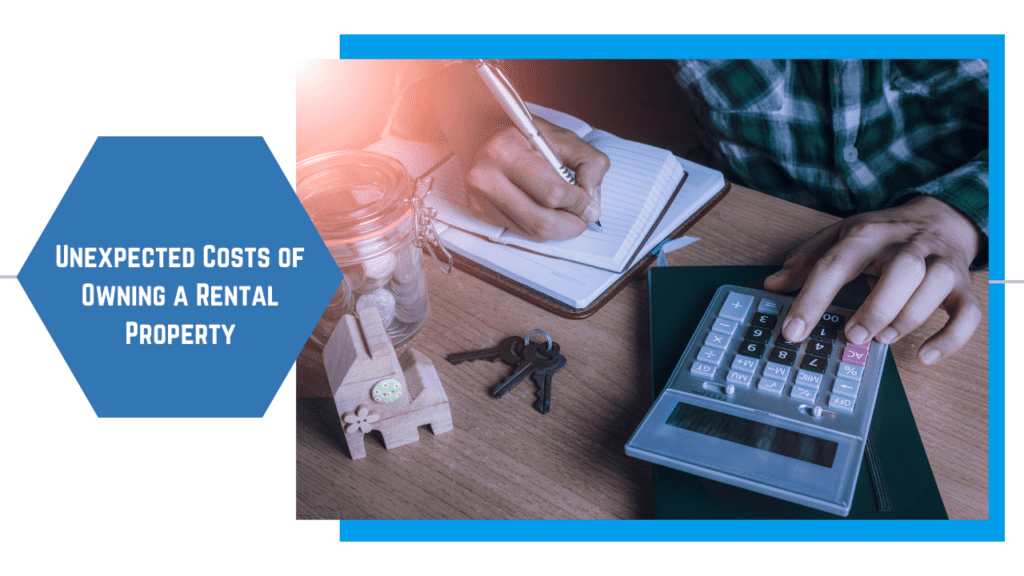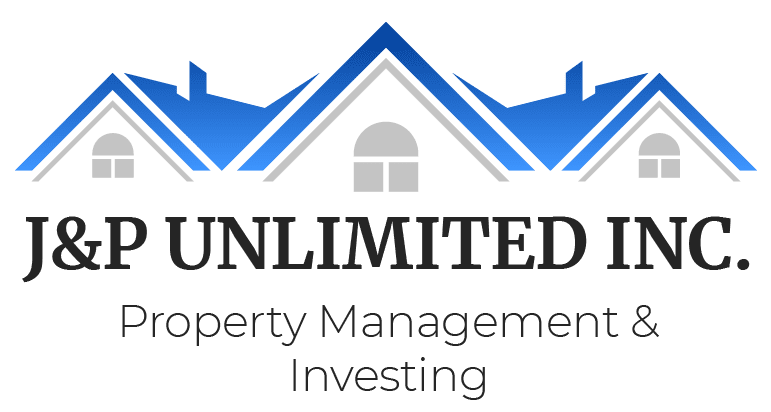
When you invest in a rental property in Myrtle Beach and the surrounding areas, you know you’re going to make some money. There are great opportunities in this local market, and real estate in general is an excellent way to earn money in the short term (consistent rental income) and the long term (equity and appreciation).
Real estate investments are advantageous because we’re talking about a tangible investment which can provide a hedge against inflation. However, there are also ongoing costs to consider. When you invest in stocks and bonds or mutual funds, there’s not a lot of money you have to pour into those investments. With a piece of investment property, there are some expenditures you need to budget for.
Let’s talk first about those costs you expect. You know you’ll have a mortgage payment and insurance costs. You know you’ll have to pay your taxes. Most rental property owners’ budget for routine maintenance costs.
The unexpected costs of owning a rental property have the potential to add up quickly.
It’s hard to prepare for what you don’t see coming. That’s why we’re talking today about the unexpected costs of owning a rental property, and how you can best budget for them.
The High Cost of Vacancy
You need to make peace with the fact that your investment property will not be occupied 100 percent of the time that you own it. There will be periods of vacancy, when you don’t have any rent coming in.
The rental market in Myrtle Beach, Conway, Murrells Inlet, Socastee, Surfside Beach, and other local areas continues to perform well. It’s strong, and occupancy levels are high. That means you’re likely not dealing with a lot of vacancies.
That’s great news, but remember that market factors are always changing. At some point, you might find yourself with a vacant property that’s costing you a lot of money.
The best way to budget for vacancy is to keep it to a minimum. You can do that by:
- Keeping your rental value competitive so that good tenants don’t ignore your listing.
- Providing a rental property that’s in excellent condition, and move-in ready.
- Marketing strategically to ensure your home is rented within days of it being listed.
Be responsive about showings. Get your tenant screening process down to an automated and objective system. These things will keep your vacancy loss low and help you avoid that large and often unexpected cost.
With Vacancy Costs Come Turnover Costs
Turnover costs are expected, but they’re often higher than you thought they’d be.
It’s expensive to clear out the wear and tear left behind by a previous tenant and prepare the home for a new tenant. Between the two tenancies, there are repairs that need to be made. Updates and improvements that will keep your property competitive. You’ll have to clean, pay attention to the landscaping, and possibly update an appliance or two.
Turnovers include out-of-pocket costs such as painting, cleaning, and landscaping. You’ll need to invest in upgrades and improvements. All the wear and tear that your former tenant left behind is your responsibility. If there’s damage, you can use the security deposit to make repairs and replacements. Things considered to be normal wear and tear like small nail holes, however, are yours to fix. This can be an expense you didn’t plan for.
Deferred Maintenance and Emergency Repairs
You know you’ll have to maintain your home, and routine repairs are rarely in the “unexpected costs” category. However, owners can be blindsided by the expense associated with emergency repairs or repairs that are put off to the point that they grow more complicated and expensive.
Maintenance issues never get cheaper with time, and that’s why preventative maintenance can save you money.
We recommend you budget for maintenance, and it doesn’t hurt to over-budget for maintenance. Make repairs right away, no matter how small they are. Communicate with tenants the importance of letting you know right away when something needs to be fixed.
Have a reserve fund or a savings account set aside for potential repair bills. Be responsive when those maintenance requests come in from your tenants. You want to preserve the condition of your home and avoid complex and costly repairs. You also want to keep your tenants happy.
What Does a Bad Tenant Cost You?
Most rental property owners forget to consider the costs of a tenant.
Your tenants are your customers. They’re the ones paying rent and delivering consistent and recurring income. However, they can sometimes cost you money, and that’s always a surprise. If you have an unqualified tenant in place, you can expect to lose money on:
- Late rent. Sometimes, bad tenants don’t pay rent at all.
- Property damage. You might find thousands of dollars of damage that exceeds the security deposit.
- Lease violations. A tenant who doesn’t respect you or your property won’t respect the lease agreement they signed, either.
- Eviction expense should it come to that.
Avoid the surprise cost of terrible tenants by screening carefully. Conduct routine inspections and develop good relationships with your renters.
Legal Mistakes are Expensive and Unexpected
 How well do you know the state, local, and federal housing laws? Legal mistakes are expensive, and we rarely see landlords and investors plan to make a costly mistake.
How well do you know the state, local, and federal housing laws? Legal mistakes are expensive, and we rarely see landlords and investors plan to make a costly mistake.
If you violate a fair housing law or make a mistake with a tenant’s security deposit, you can be looking at penalties that are thousands of dollars. Very few owners and investors budget for their own errors. And yet, this is frequently a surprise cost that they’ll have to reckon with.
Make sure you know the laws. Do everything you can to limit your risk and liability. One way to do this is by partnering with a Myrtle Beach property management company. It’s our job to keep you compliant.
We would love the opportunity to talk with you about the costs and opportunities involved in local rental homes. If you’re working with property managers, you’ll find it’s easier to save money on things like vacancy, maintenance, and tenants.
Let’s talk about your specific expenses. Please contact us at J&P Unlimited. We manage investment properties in Myrtle Beach, Conway, Surfside Beach, Murrells Inlet, Socastee and the surrounding areas.
